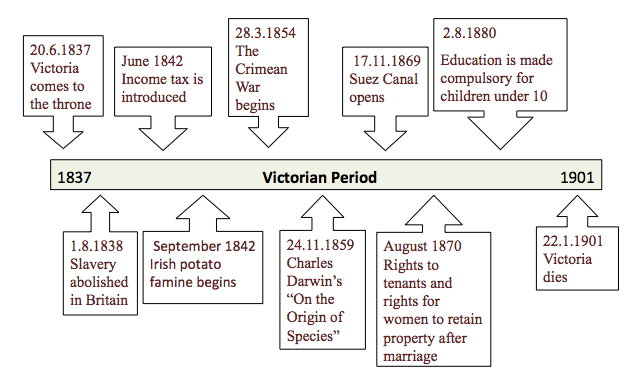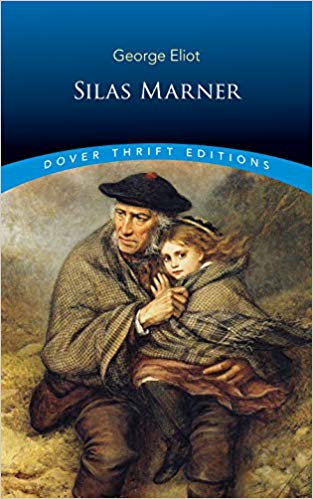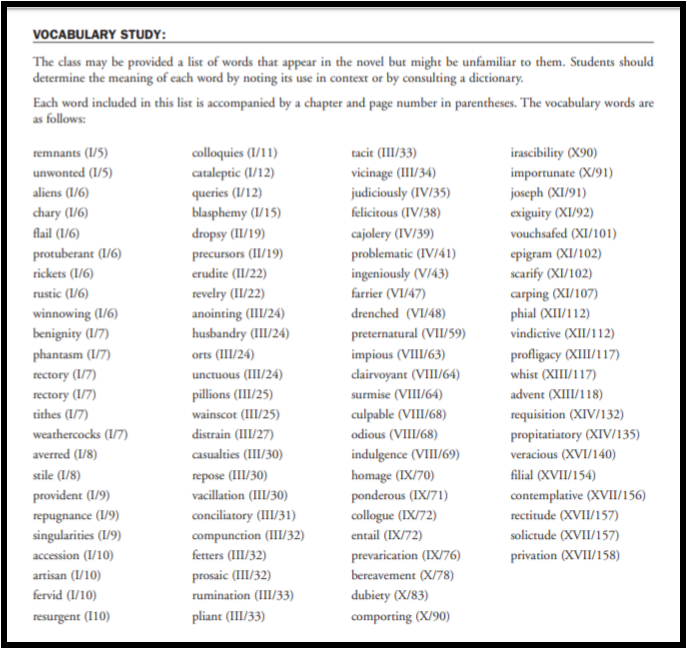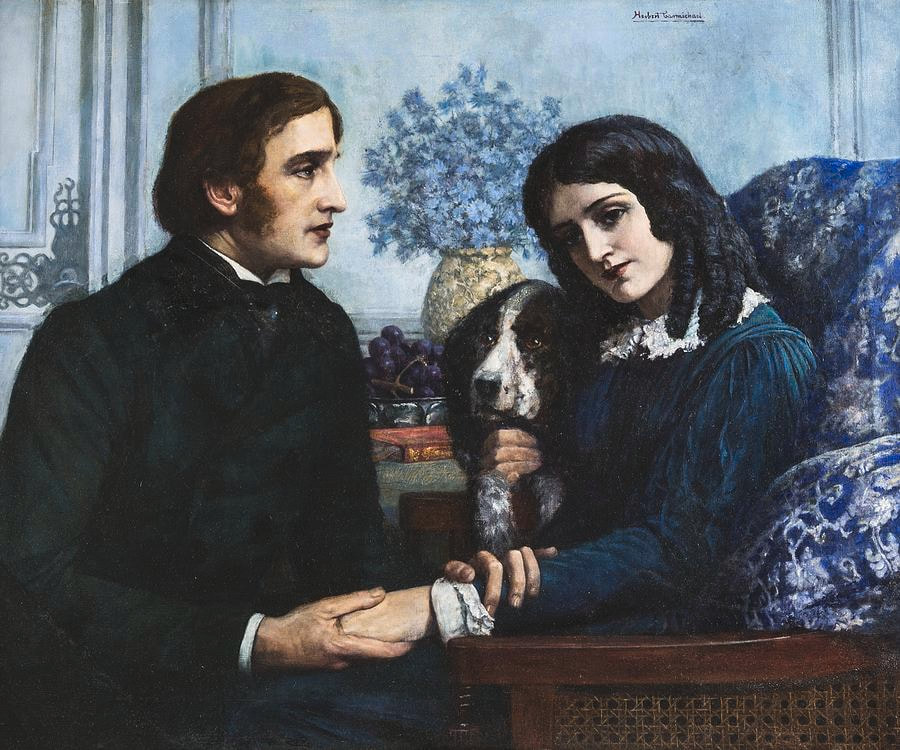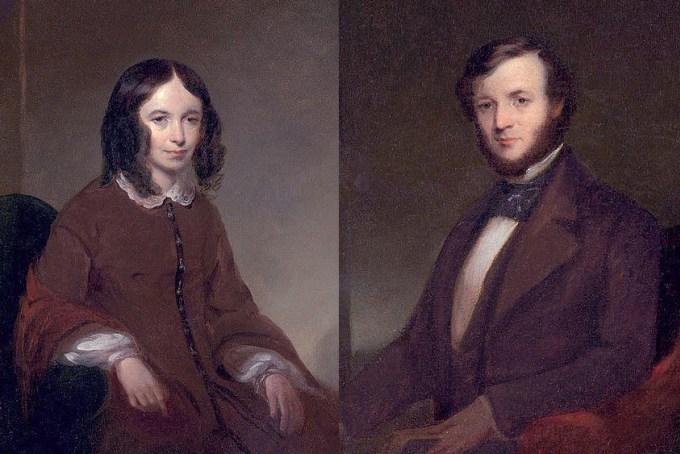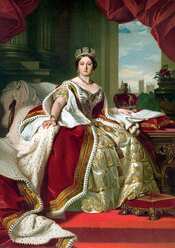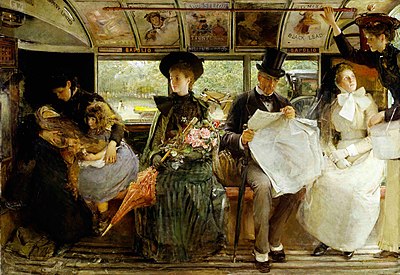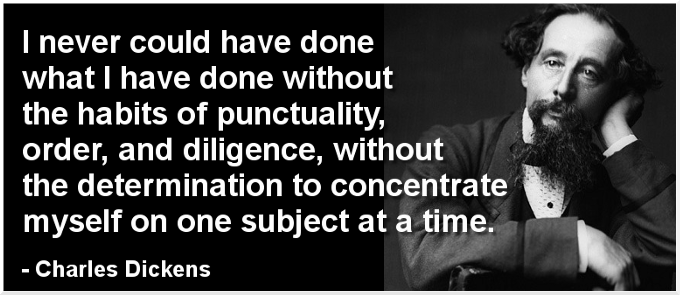Silas Marner
The BrowningsTwo assignments to be completed:
1. Read EBB Sonnet 43 and answer the questions. 2. Answer the questions about the Brownings article linked below. (Anything that is not finished in class, must be finished for homework.)
|
Realism during the PeriodQuick Facts:
The realistic novel is a narration of plausible events, set in very specific places and times and near to the author. In this kind of novel are treated aspects of contemporary society: as the contradictions of the social order, and the changes of costume and mentality in relation to major political and economic events. The realistic novel was born in the nineteenth century, and is characterized by the social content: such as the description of the struggle of the bourgeoisie against the aristocratic society, or the description of the world of the poor and unfortunate (Dickens). The realism is meant to capture the reality as it is and to cancel the individual sensibility. Hence arose important choices formally:
Charles Dickens was born in Portsmouth in 1812, had a childhood plagued by poverty, living the exasperation of the squalid suburbs of London and being in contact with the poorest social classes. In his novels he is interested in the social and human problems of the time, and treats them with an ironic tone and spirit of moving participation. Among his most important works: The Pickwick Papers, Oliver Twist, David Copperfield, Hard Times and Little Dorrit. London was the setting of most of his novels; he knew and described it in realistic details. At first, Dickens created middle class characters, though often satirised. He gradually developed a more radical social view, although he was not a revolutionary thinker. He was aware of the spiritual and material corruption under the impact of industrialism and he became increasingly critical of society. Oliver Twist is the first of the novels in which Dickens reflects on the defects of society and the functioning of public administration. Even in David Copperfield and in Hard Times, he describes a society hard and ruthless, operated by the strict laws of profit. Dickens exposes a philanthropic and paternalistic solution in his novels: appear rich and good gentlemen who take care of the little orphans, assuring a better life. But the excellent skills of this author is to represent situations that do understand the desperate isolation of man. Written in 1854, Hard Times is one of the most representative novels of the changes in the way of production and work, which go under the name of the industrial revolution. In fact, it has the negative effects of an industrialized society that reduces men to machines, and criticizes the materialistic mentality of the time. Dickens while having a great distrust of the working class, gives importance to the worker as an individual. In fact, he devotes his interest in analyzing the condition of the workers, not only for the inhuman effort and working conditions but also because it affects the private lives of workers. https://alicegonella.wordpress.com/2015/01/09/charles-dickens-realism/ Charles Dickens (The Most Famous Victorian Realist)Hard Times Excerpt Ch. 2Pink FloydThe Happiest Days of Our Lives
When we grew up and went to school There were certain teachers who would Hurt the children any way they could By pouring their derision Upon anything we did And exposing every weakness However carefully hidden by the kids But in the town it was well known When they got home at night, their fat and Psychopathic wives would thrash them Within inches of their lives Another Brick in the Wall Part 2 We don't need no education We dont need no thought control No dark sarcasm in the classroom Teachers leave them kids alone Hey! Teachers! Leave them kids alone! All in all it's just another brick in the wall. All in all you're just another brick in the wall. We don't need no education We dont need no thought control No dark sarcasm in the classroom Teachers leave them kids alone Hey! Teachers! Leave them kids alone! All in all it's just another brick in the wall. All in all you're just another brick in the wall. "Wrong, Do it again!" "If you don't eat yer meat, you can't have any pudding. How can you have any pudding if you don't eat yer meat?" "You! Yes, you behind the bikesheds, stand still laddy!" "Dolor" by Theodore RoethkeClick for Questions: forms.gle/EQ55hRWH21koRw9LA
Victorian PortraitsMy Last Duchess
| ||||||||||||||||||||||||||||||||||||||||||||

